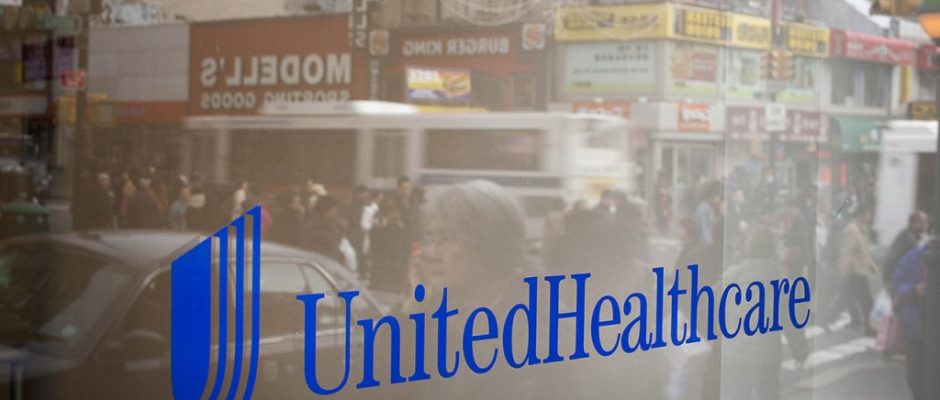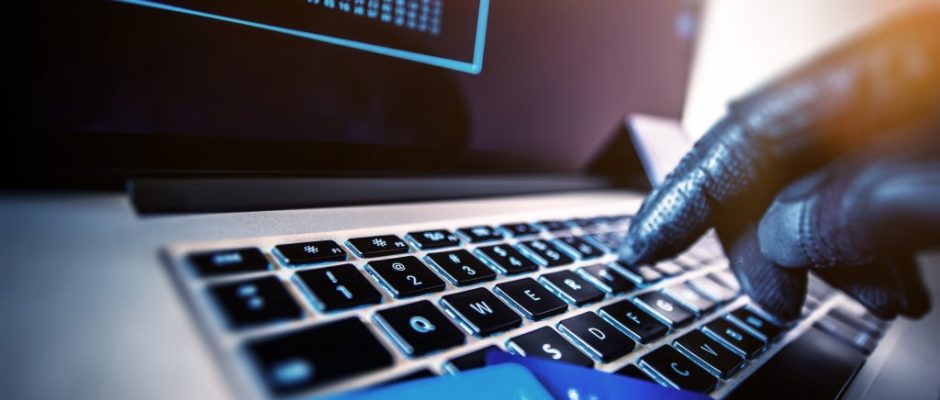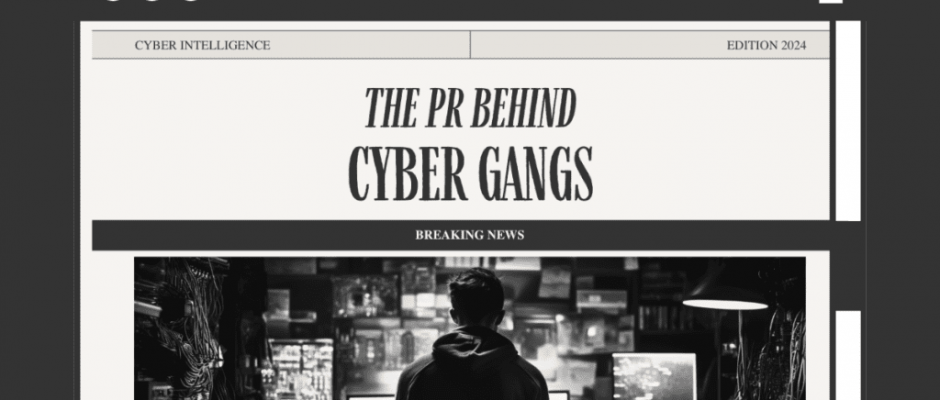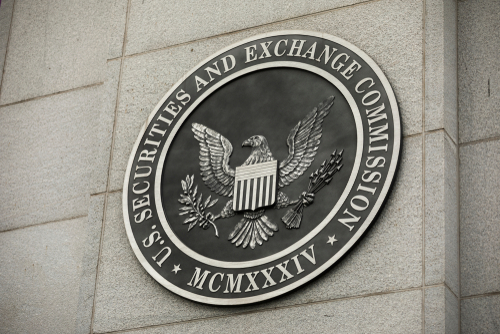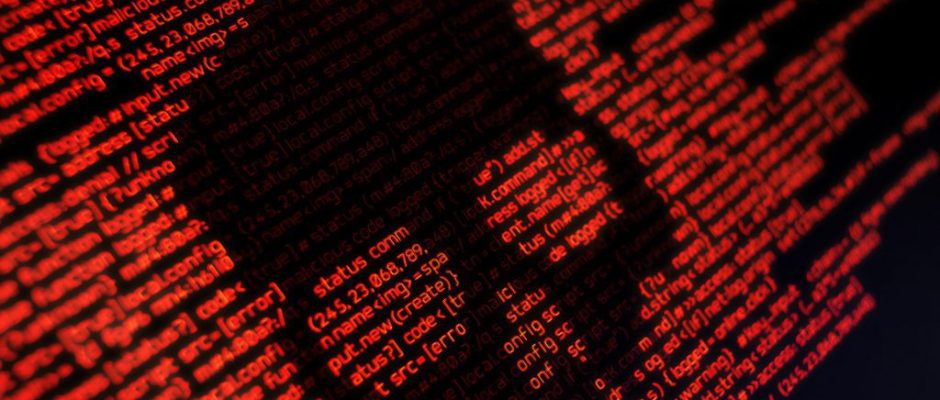Teenage hackers run rings around cyber-defenses
The recent UK retail cyberattacks that impacted Marks & Spencer and the Co-Op supermarket chain are only the tip of a very large iceberg that now threatens organizations on both sides of the Atlantic.
Although media reports have attributed the attacks to a group named “Scattered Spider,” the actual threat is far bigger. For a start, there is no criminal group that actually calls itself “Scattered Spider”, which is just a made-up name attributed by cybersecurity researchers. These attacks and many others in the US and the UK are now known to be the work of a vast sprawling network of hackers, some as young as 14, spread across the US and the UK. They call themselves “the Community”, or “the Com” for short, and are essentially a vast teenage subculture of criminal hackers.

